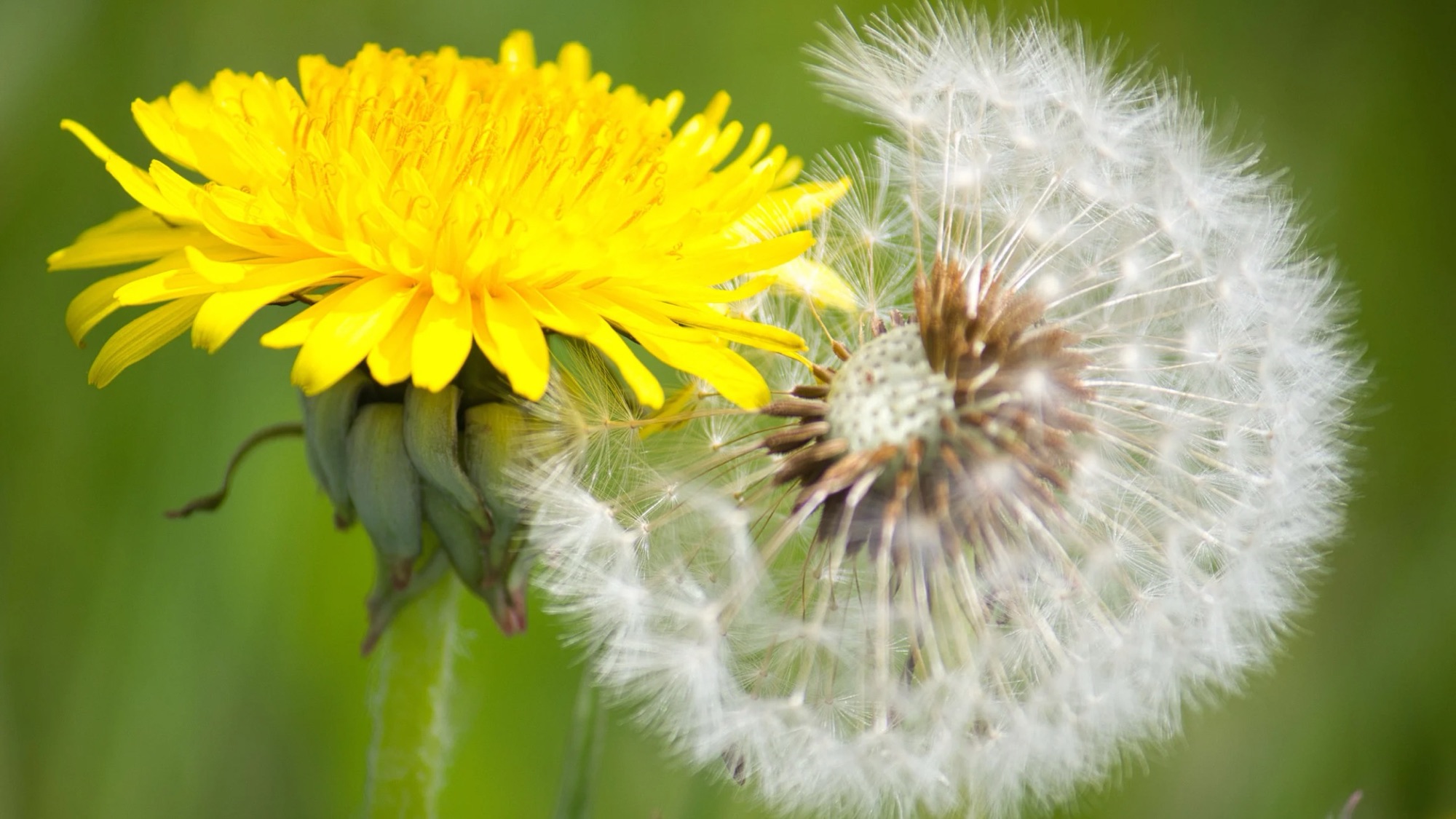An indoor garden can be a beautiful and rewarding addition to your home, providing a green oasis and a sense of tranquility. However, pests can quickly turn this idyllic space into a nightmare. Fortunately, there are effective and safe methods to keep your indoor garden free from pests without resorting to harmful chemicals. In this article, we’ll explore five ways to safeguard your indoor plants from pests, ensuring they thrive in a healthy and pest-free environment.
1. Practice Good Plant Hygiene:
Maintaining cleanliness and good hygiene in your indoor garden is the first line of defense against pests. Here’s how to do it:
- Remove Dead Leaves and Debris: Regularly check your plants for dead leaves, flowers, or any fallen debris. Pests often hide and breed in decaying organic matter.
- Inspect New Plants: Quarantine new plants for a few weeks before introducing them to your indoor garden. This will help you detect any potential pest infestations before they spread to other plants.
- Isolate Infected Plants: If you notice signs of pests on a plant, promptly isolate it from the rest of your indoor garden to prevent the infestation from spreading.
- Ladybugs: Ladybugs are natural predators of aphids, mealybugs, and other soft-bodied pests. Release them in your indoor garden to keep these pests in check.
- Predatory Mites: Predatory mites feed on harmful spider mites, effectively reducing their population.
- Proper Light: Place plants in appropriate light conditions, as healthy plants are better able to defend themselves against pests.
- Adequate Watering: Overwatering or underwatering weakens plants, making them more susceptible to pests and diseases.
- Well-Draining Soil: Use well-draining potting mix to prevent waterlogged soil, which can attract pests like fungus gnats.




